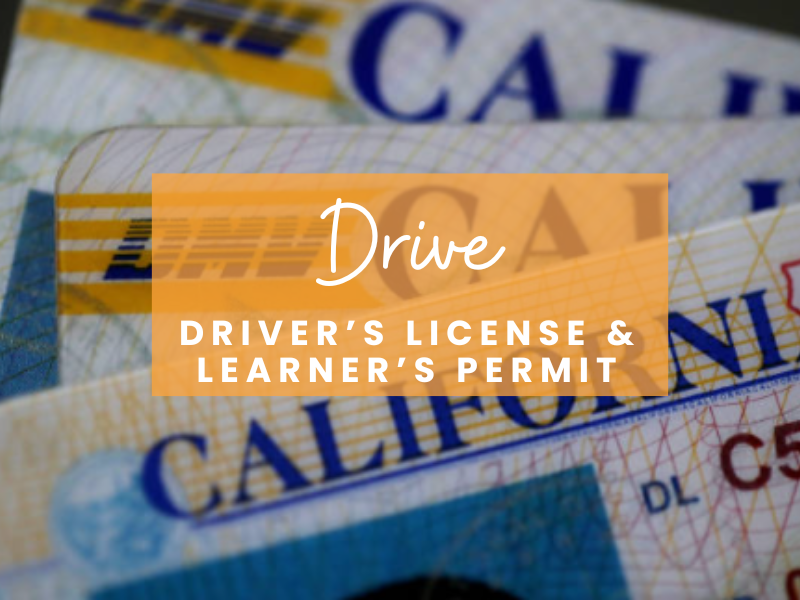The Psychological Nature of Drivers
| Driver Education |
Driving a vehicle is more than just a physical task; it involves a complex interplay of psychological factors. Understanding these factors can significantly enhance road safety and personal well-being. This article delves into the psychological aspects of driving, exploring the attitudes essential for good driving, the causes of behavioral variables, and highlighting undesirable traits in drivers.
This blog may contain affiliate links, and therefore if you make a purchase through these links, we subsequently may or may not earn a commission at no extra cost to you.
Attitudes Essential to Good Driving
a. Readiness and Motivation
A driver must be mentally prepared and motivated to drive safely. This readiness involves being alert, aware, and willing to adhere to traffic rules. Motivation can stem from various sources, such as the desire for safety, compliance with laws, or even personal pride in one’s driving skills.
b. Analysis of Desired Habit Patterns
Good driving habits don’t develop overnight. They require a conscious analysis of what constitutes safe driving. This could include habits like checking mirrors frequently, maintaining a safe following distance, and being mindful of speed limits.
c. Establishment of Habit Patterns by Repeated Performance (Practice)
The old adage, “practice makes perfect,” holds true in developing good driving habits. Repeated, conscious practice helps embed these habits into a driver’s routine, making safe driving a more automatic and less mentally taxing process.
d. Maintenance of Habit Pattern by Unvarying Performance
Consistency is key in maintaining good driving habits. Once established, these habits must be performed uniformly. This consistency helps in forming a reliable, predictable driving pattern, which is crucial for safety on the roads.
Causes of Behavior Variables
a. Emotional Tension
Stress, anxiety, or anger can significantly impair driving ability. Emotional tension can lead to rash decisions, reduced concentration, and a higher risk of accidents.
b. Environmental Conditions
External factors such as weather, road conditions, and traffic can influence driving behavior. Adapting to these conditions requires mental flexibility and situational awareness.
c. Heredity
Personality traits, which can be partly hereditary, may influence driving behavior. For instance, a naturally cautious person may be more vigilant while driving, whereas a more impulsive individual might take greater risks.
d. Physical Conditions
Physical health and conditions, including fatigue, illness, or the influence of substances, have a direct impact on a driver’s alertness and reaction time.
e. Training
The quality and extent of a driver’s training play a crucial role in shaping their behavior. Proper training instills good habits and an understanding of safe driving practices.
Undesirable Traits of a Driver
a. Aggressiveness
Aggressive driving, such as tailgating, speeding, or road rage, is dangerous. It not only puts the aggressive driver at risk but also endangers others on the road.
b. Egotism
Overconfidence in one’s driving abilities can lead to underestimating risks and overestimating control, often resulting in poor judgment calls.
c. Emotional Instability
Drivers who cannot manage their emotions effectively are more likely to make impulsive and dangerous decisions on the road.
d. Inattentiveness
Distractions, whether internal or external, can lead to a lack of focus, delayed reactions, and missed cues, all of which increase the risk of accidents.
e. Exhibitionism
Some drivers may engage in risky behaviors to show off or seek attention. This need for exhibitionism can manifest in dangerous driving practices.
f. Irresponsibility
Irresponsible driving includes not adhering to traffic rules, driving under the influence, and neglecting vehicle maintenance, all contributing to unsafe driving conditions.
The Psychological Nature of Drivers
Understanding the psychological nature of driving is crucial for developing safe driving habits, adapting to varying conditions, and recognizing behaviors that can lead to accidents. By fostering a mindful approach to driving, individuals can contribute significantly to road safety and overall well-being.
Drive with Confidence!
Keep up with all the latest driving news. Expolre our blog packed with essential tips and expert advice on all things related to DRIVING!




